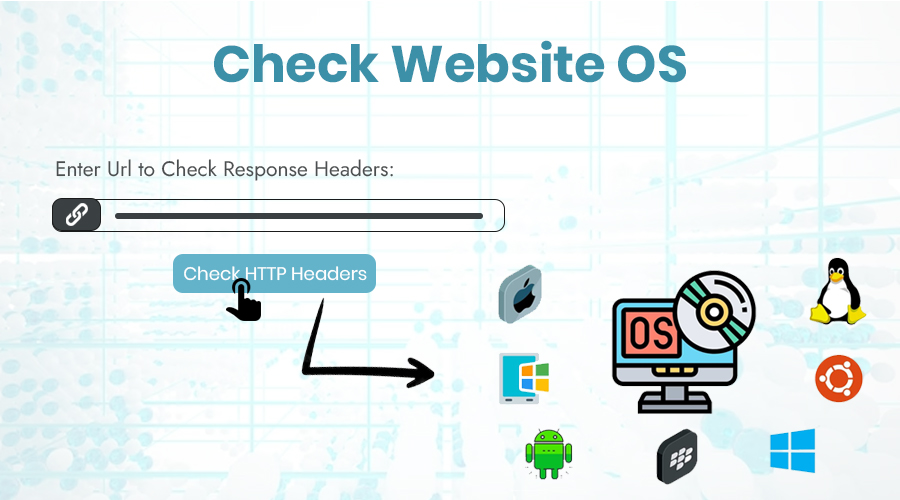About Website OS Tool
With time, SEO trends are changing rapidly. We cannot rely on the old methods to rank our website in search engines. As per the SEO experts, the website's loading speed, SSL certificate, and schema mark-up are among the leading ranking factors. But there is one factor that people mostly ignore that creates a huge impact, and that factor is reliable web hosting.
Most people agree that quality web hosting usually gets ignored even if you optimize for all the major ranking factors. It will ruin all your efforts.
Therefore, choosing the right web hosting plan with an appropriate operating system will have a long-lasting effect on your SEO. Because it directly affects user experience that affects your conversion rate.

What operating system do servers use?
An operating system is foundational software on your server. It's the foundation on which everything else you use runs. Without the operating system, your device is the collection of electronic parts that do not even know how to interact with the rest of the world.
An operating system is a software that a device runs on its backend. So, some popular server operating systems are
- Unix
- Microsoft Windows
- Linux
- Open SUSE
- Debian
- Gentoo
- Free BSD
- Ubuntu
- Mandriva
- Fedora
- CentOS
- Slackware
What is a Web Server?
A web server is a hardware with software that serves your website. The web server is usually connected to the internet. Each web server has a unique numeric address called the IP address that gets inserted in your domain DNS records.
Some of the famous leading web servers are
- Apache
- NGINX
- IIS
- Lighttpd
- Jigsaw
Among those, Apache contains the majority of the market share. With 46% of all the websites on the internet are running on Apache. Apache is considered the most because it's free to use and is open source. That means you can modify the software in any way you like.
Difference between operating system and server
An operating system is a set of all programs that regulate the activities and smooth communication between the different computer hardware devices. It's an interface to communicate with the computer and other software.
On the other hand, a server is a network's hardware that provides a centralized storage area for programs, data, and information. It provides support ranging from two to several thousand connected computers simultaneously.
